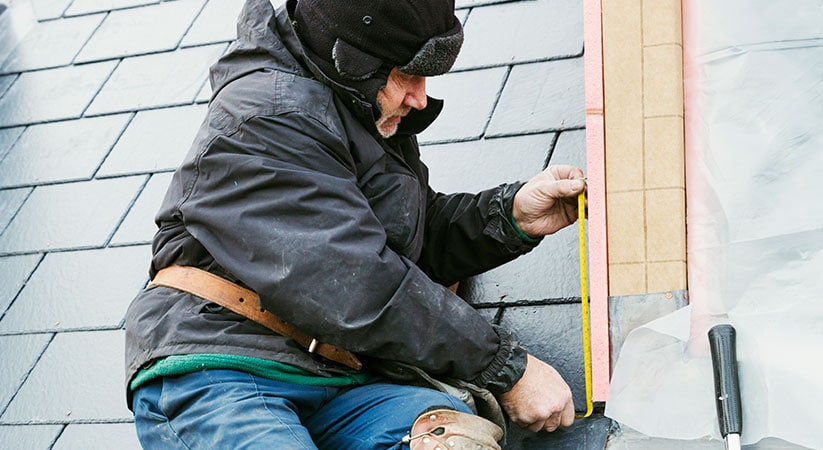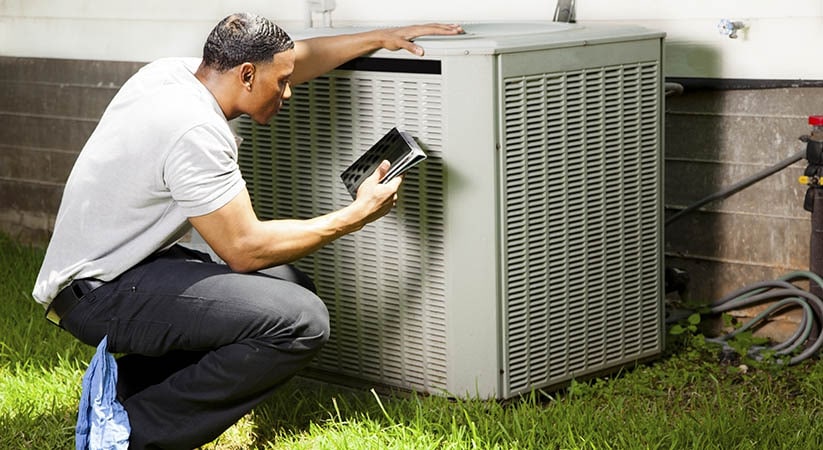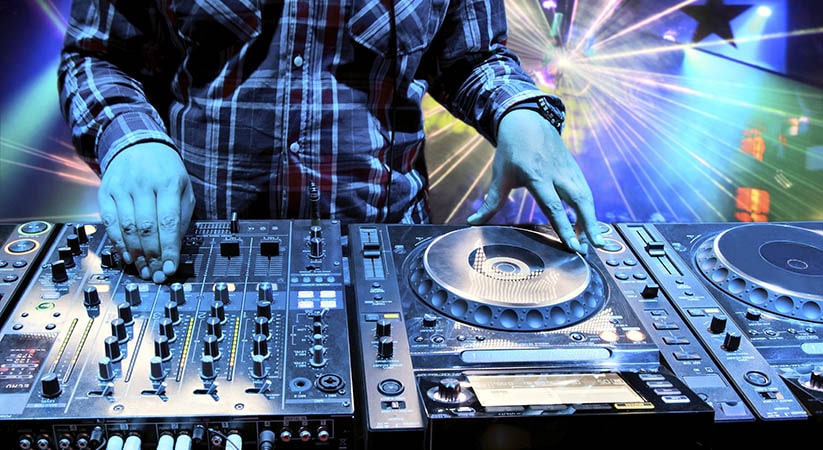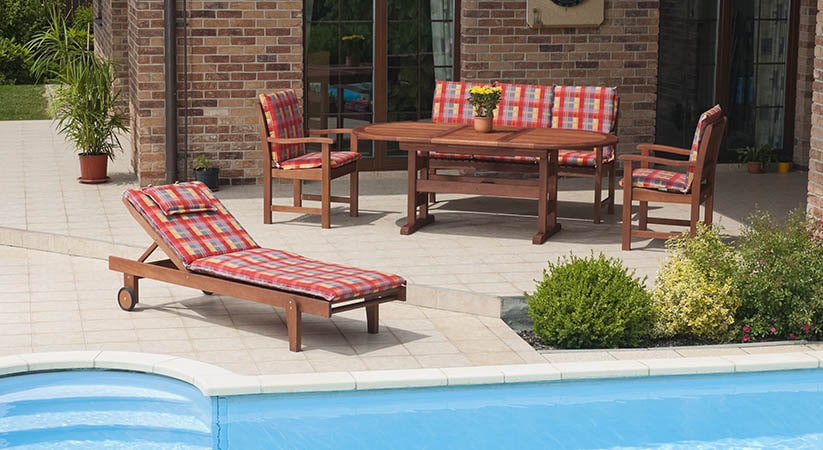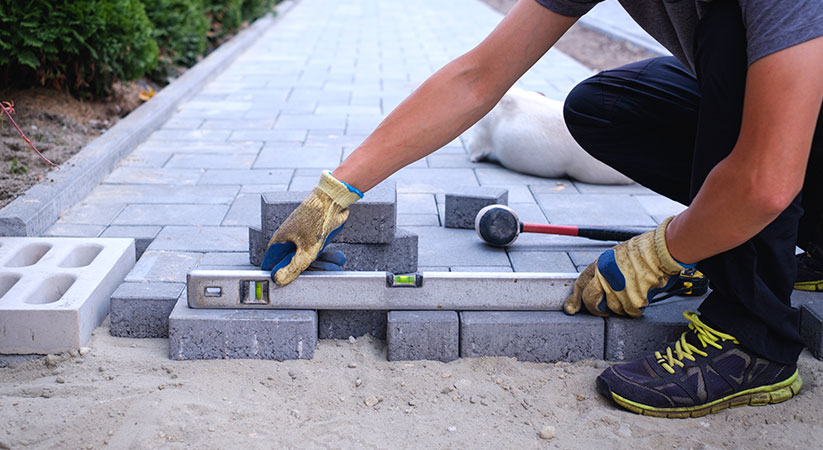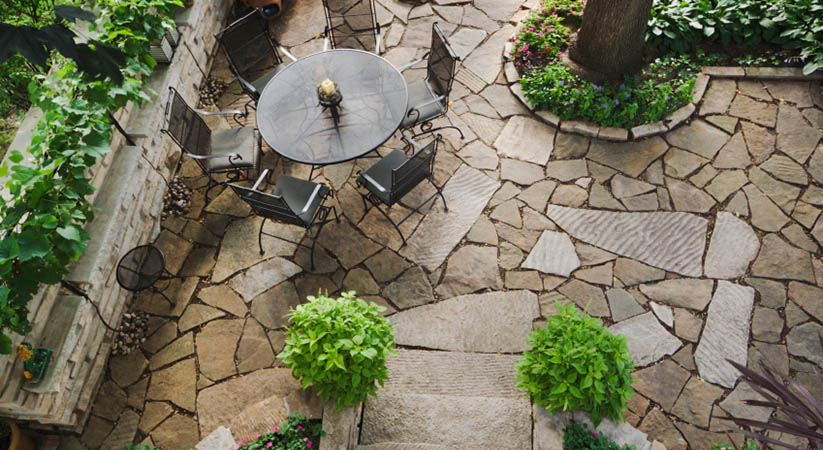Are you suffering from insomnia? An 8 hours of deep, peaceful sleep seems like a lost dream? Insomnia clinics have claimed that the biggest enemy of sleep is technology and sleep centers back this claim as well. Digging in to this fact we have learned the reality of how technology effects our sleep.
Sleep disorders because of gadgets
- Being Comfortable
Technology is distraction. But why do you need distraction if you are trying to sleep. Because you can’t find a comfortable position in your bed. The problem lies in your bed as well as with technology. You need distraction to forget that you are uncomfortable, that’s why you turned to technology i.e. your phone or television. Invest in a better mattress and some therapy pillows that will aid you in falling asleep peacefully. This way you won’t turn to n technology to find comfort.
- Electromagnetic Signals
A study contacted by sleep centers showed that a room full of electromagnetic signals is a hard place to sleep. Experts did a test of dividing a group of people in two different rooms. One room had electromagnetic signals and one didn’t. The people in the room with electromagnetic signals found it hard to fall asleep than the people in the other room. This is what causes our insomnia, as per insomnia clinic, cell phone and Wi-Fi routers all emit electromagnetic rays, which affect our brains negatively. Making it hard for us to sleep. How to avoid that? Very simple, put your phone and other devices on airplane mode, if you don’t want to switch it off, and turn your wi-fi router off.
- Melatonin and Bright Lights
When its dark outside the brain senses it, and releases a hormone called melatonin, this helps us sleep at night. If that’s the case then why can’t we sleep at night peacefully? Because melatonin gets suppressed with bright lights. Sensing light the brain depletes the amount of melatonin, which makes us alert. So, it’s advised by the sleep centers to avoid using phones and tablets at least a couple of hours before sleeping. If you think tv relaxes you then you are mistaken. The backlight of the tv only makes you more alert. Read a book or listen to an audio book, if you seek relaxation before going to bed. Easier said than done right? Here are things you can do to quit screen time before sleeping:
- If You Like to Read Switch to Hard Back Books
If you work from your laptop then try wrapping it up 2 hours prior to bed
If you can’t wrap your work early then keep the back-screen light at low, so that you don’t get extensively affected by it.
The other light culprit is the blue light that accompanies our TVs, phones, laptops, and tablets. Even when these gadgets are on standby mode the blue light keeps blinking. This can also push our sleep back. It’s necessary that you place your phones and tablets facedown and switch off your TV properly.
- Cognitive Stimulation
When your brain is actively processing information, it’s getting healthier. Brain development and brain exercises helps ward of dementia, but it’s been cleared by insomnia clinics that brain stimulation should be done in day-time. Over-loading brain with information at night can reserve the sleep pattern. The brain starts processing all the information thrown at it, which keeps it active, hence difficulty in falling asleep. Watching movies and dramas, or reading articles online is a big example of this. When you do these activities in the day the brain processes it and discards it. Doing it at night can keep the brain active for a long time, hence you will get little time to have a deep sleep.
- Vibration and Sounds
Expected or unexpected both type of sound alerts can wake us up. We have surrounded ourselves with so much technology that we don’t even realize how much we lose because of it. Insomnia clinics Rockville refers to the fact that the beep of notifications from our phones, have the power to wake us up from a deep slumber. This noise disruption while sleeping can lead to real, serious problems like strokes and heart failures.
Technology is power, but excessive use of technology can become a liability.





